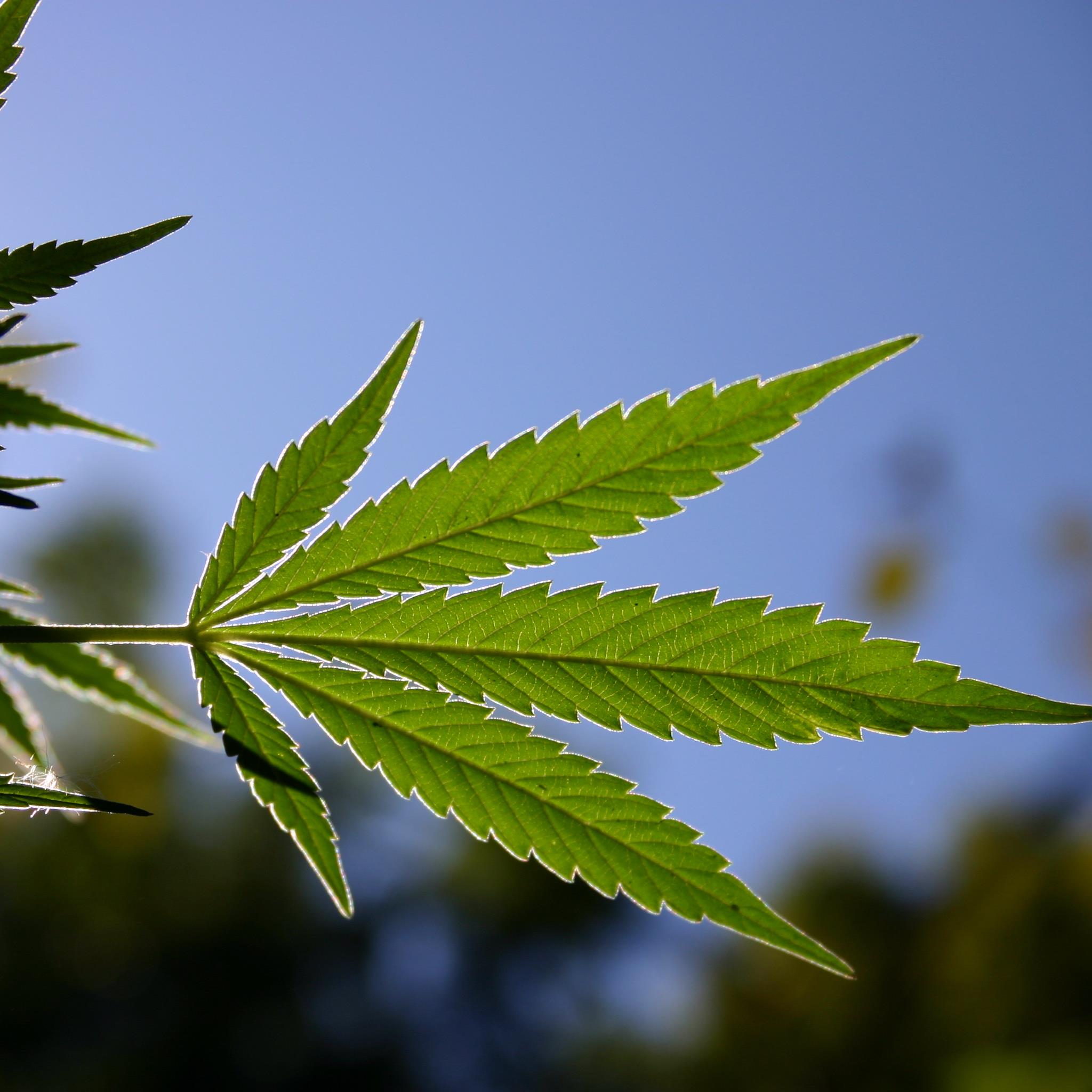
In 2004 Montana voters approved the use of marijuana for medical purposes by a popular vote margin of nearly 2-to-1. Last Thursday, the state’s Supreme Court ruled that a new law passed by the state was constitutional. The 2011 law limits the number of patients a provider may serve to three. The court also said that a provision in the law to ban providers from receiving compensation was unconstitutional.
The entire state of Montana is home to about 1 million people and the number of dispensaries once totaled more than 4,800 with some 30,000 registered users. Since the 2011 law was passed, however, other restrictions including stricter requirements to demonstrate a medical condition has cut the number of providers to its current level of 471 and the number of registered users to 13,640 according to a report from the AP. It is likely that both those numbers will fall further after the court’s ruling.
Other provisions upheld by the court include a ban on advertising and an automatic review for any physician who recommends marijuana for more than 25 patients.
There are two groups competing for voters’ attention this year, one seeking to ban all marijuana use and the other to legalize recreational marijuana use for all Montana residents over the age of 21. So far neither has received enough signatures (about 25,000) to get an initiative on the ballot.
Here are excerpts from other recent cannabis-related news stories.
Coalition That Helped Defeat Marijuana Legalization in 2010 Gears Up To Oppose Sean Parker’s Initiative
The organization that helped defeat marijuana legalization six years ago has started raising money to oppose the leading initiative headed toward the ballot this November.
The Adult Use of Marijuana Act quickly gathered more than 25 percent of the signatures it needs to qualify for the ballot. And AUMA has raised more than $2.25 million in support, including $1 million from billionaire Napster co-founder Sean Parker and $500,000 from the Irvine-based company Weedmaps.
“We have the largest support coalition ever assembled in California for a marijuana measure,” campaign spokesman Jason Kinney said. “If the election was held today, not only am I confident that we would be on the ballot, but I’m confident that we’d pass with broad support.”
A potential hurdle surfaced this week, though, as a fund-raising committee under the California Public Safety Institute collected $15,000 from major law enforcement groups opposed to the measure, records filed with the Secretary of State show.
“We just don’t think it would be a good thing to legalize marijuana for recreational use,” said George Hofstetter, president of the Association for Los Angeles Deputy Sheriffs, which donated $5,000 to oppose Parker’s measure.
Read more at The Orange County Register.
Eric Holder Says It’s Time To Talk Marijuana Decriminalization
It is not unusual for Americans working in the criminal justice system to disagree with specific laws and regulation that they still have to enforce as part of their public service. This is most certainly true when it comes to the issue of marijuana criminalization that many law enforcement officials believe should be decriminalized even though they have to enforce the absurd laws. The former top law enforcement official in the nation, former Attorney General Eric Holder is one such official who said it is time to change the nation’s laws regarding the weed.
Holder’s main statement was to come out in support of, at least, reclassifying marijuana from a Schedule 1 substance to a much less restrictive category. Schedule 1 drugs are considered extremely dangerous and have no medical use whatsoever and include heroin among other natural substances that are like weed, not considered dangerous; except by an archaic classification system. There are several fairly comprehensive articles on why marijuana was ever considered a “dangerous drug” in the first place despite wild opposition and protests from medical professionals and scientists in America and around the world.
Holder said, “I certainly think it ought to be rescheduled. You know, we treat marijuana in the same way that we treat heroin now, and that clearly is not appropriate.” That is a minor departure from what Holder said in 2014 when as the nation’s top lawman he was mandated to toe the legal line. He said regarding marijuana as drug as dangerous as heroin; “I think rescheduling the drug is something we need to ask ourselves, and use science as the basis for making that determination.” It is probably true that less than two years ago Holder knew that science had determined thirty years ago at least that marijuana was not dangerous and in fact had many scientifically-documented medically beneficial uses.
Read more at PoliticsUSA.com.
On DC’s One-Year Anniversary with Legalized Marijuana, Work Remains
More than a year has passed since District voters legalized marijuana. On Feb. 26, 2015, it became legal for adults to possess up to two ounces of marijuana and cultivate up to six plants in their home. As a result, marijuana possession arrests decreased a whopping 98 percent from 2014 to 2015, dropping from 1,840 to just 32. In addition to the massive drop in marijuana possession arrests, it is worth noting that cumulative arrests for all marijuana offenses, including sales, also dropped 85 percent in that time.
This anniversary marks an enormous step forward not only for marijuana reform but also for criminal and racial justice in the District. Marijuana enforcement in the District has historically been racially biased; as recently as 2013 African Americans in the District were eight times more likely to be arrested for marijuana possession than white people, comprising a shocking 91 percent of possession arrests, even though rates of marijuana use and sales are comparable across racial lines and African Americans comprise roughly half the District population.
Read more at The Washington Post.
Utah Senate Passes Bill To Legalize Medical Marijuana, Reject Federal Prohibition
A Utah bill that would legalize medical marijuana and nullify in practice the unconstitutional federal prohibition of the same passed the state Senate [Thursday].
Sen. Mark Madsen (R-Saratoga Springs) introduced Senate Bill 73 (SB73) last month. The legislation sets up a framework that would allow qualifying patients to legally obtain and use medicinal cannabis products. Utah residents meeting criteria outlined in bill would be able to obtain a medical marijuana card. The legislation also sets up a licensing program for medical marijuana dispensaries in the state.
The Senate approved the measure 17-12.
The fact that a marijuana bill has advanced this far in a very socially conservative state reveals just how far the movement to end marijuana prohibition has come. Connor Boyack, found[er] of the Utah-based Libertas Institute has worked tirelessly in support of this bill.
Read more at Tenth Amendment Center.
Italy Wants To Bring Weed Infused Gelato to the Masses
Marijuana is a global phenomenon at the moment. Many nations are in the process of legalizing the drug. Weed is becoming more and more widely accepted and that means more and more people are figuring out different ways to consume it. You can eat it, smoke it, drink it, and even rub it on your skin. But how about a nice cold scoop of weed gelato? Italy is renowned for its delicious gelatos and now it has added a little bit of cannabis to the mix.
A local gelato shop in Italy, Perleco, is now serving a flavor called “Marley” a special blend of cannabis gelato, according to Vice on Feb 24. Marijuana has been legal for medical use in Italy since 2013. It is widely accepted in Italian culture and has already been decriminalized. Weed infused gelatos are only a part of a growing movement in Italy to legalize it for recreational use.
Read more at examiner.com.
Thank you for reading! Have some feedback for us?
Contact the 24/7 Wall St. editorial team.
 24/7 Wall St.
24/7 Wall St.


